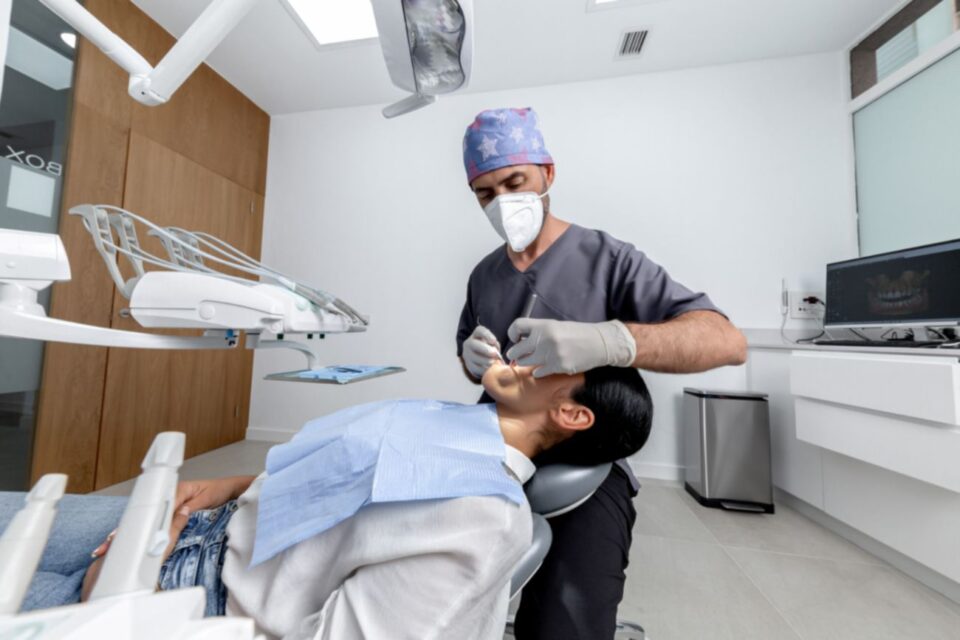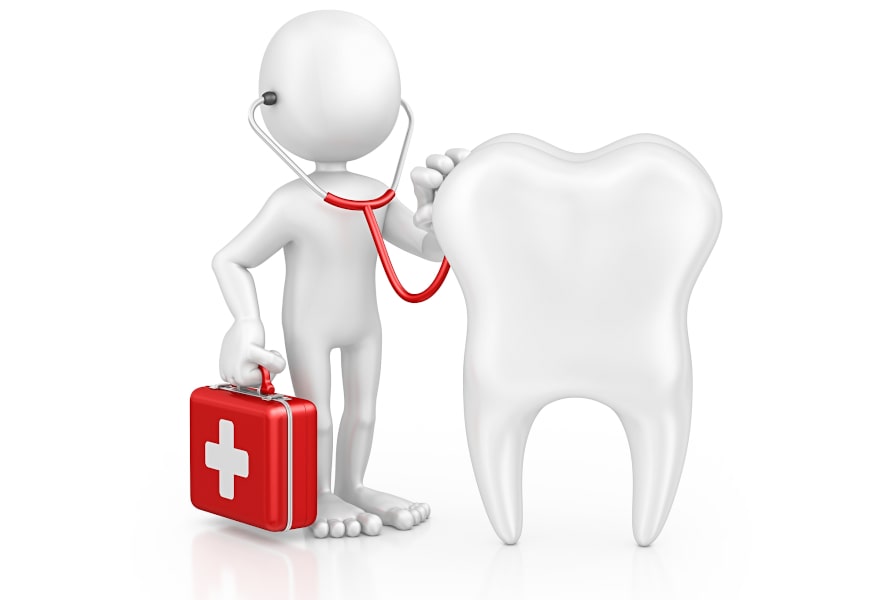Quick Alleviation for Toothaches with Emergency Dental Edmonton Professionals
Emergency Situation Dental Care: Fast Relief for Tooth Pain and Accidents
Emergency situation oral care is an important component of maintaining dental health and wellness, especially when unexpected incidents happen or extreme discomfort arises. Comprehending the indications that require prompt interest can significantly influence results, stopping more complications. From intense toothaches to distressing injuries, acknowledging the urgency of these situations is extremely important. However, many people stay unsure concerning the particular scenarios that require punctual intervention. This ambiguity usually causes hold-ups in seeking aid, which can worsen the problem at hand. Exploring the usual sorts of oral emergency situations and the appropriate actions is necessary for notified decision-making throughout these crucial minutes.
Recognizing Dental Emergencies
Oral emergencies regularly occur without warning, necessitating timely interest to minimize discomfort and stop further difficulties. Comprehending the nature of oral emergencies is important for both clients and doctor to ensure reliable monitoring. These circumstances can vary from sharp pain and injury to infections that require prompt intervention.
One trick element of oral emergencies is acknowledging the signs that demand immediate care. Symptoms such as serious toothaches, swelling, or blood loss can suggest underlying issues that, if left neglected, might lead to severe health issue. In addition, trauma to the mouth, whether from sports injuries or accidents, can trigger damages to teeth and bordering tissues, demanding quick assessment and treatment.
Timely treatment not only relieves pain yet additionally preserves oral health. Individuals are urged to look for immediate treatment when experiencing troubling symptoms, as delaying treatment can intensify the scenario. Understanding the urgency and prospective consequences of dental emergency situations equips people to make informed decisions, eventually resulting in better results and enhanced dental health. By focusing on punctual interest to dental situations, individuals can minimize discomfort and secure their general wellness.
Usual Sorts Of Dental Emergency Situations
Encountering numerous kinds of oral emergencies calls for an extensive understanding of the problems that demand instant care. Usual oral emergencies can dramatically affect an individual's oral health and wellness and general health.
Extreme pain frequently suggests an underlying problem that needs timely intervention. Another usual emergency situation is a damaged or cracked tooth, generally caused by injury or extreme force.
Knocked-out teeth represent an important emergency situation, where prompt action is vital for possible reimplantation. Preservation of the tooth in a suitable medium, such as milk or saline, is essential while seeking specialist help.
Furthermore, oral abscesses, identified by local infection, existing as swelling and pain. These require urgent treatment to avoid the spread of infection.
Lastly, soft tissue injuries, consisting of lacerations or cuts to the periodontals, cheeks, or tongue, can likewise necessitate emergency care. Resolving these conditions quickly is vital in reducing problems and making certain optimal oral wellness.
When to Seek Immediate Treatment

Mishaps leading to why not try these out dental injury-- such as a knocked-out tooth, fractured or chipped teeth, or injuries to the periodontals-- demand immediate treatment (emergency dental edmonton). In the situation of a knocked-out tooth, time is of the significance; it ought to be reinserted or saved in milk or saline and required to the dental expert within an hour for the finest chance of successful reattachment
Furthermore, prolonged bleeding from the mouth or any type of oral lacerations that do not quit might symbolize a much more major condition needing prompt intervention. Dental swelling, specifically if it affects breathing or swallowing, is an additional warning. In general, if you experience any type of unexpected modifications in your oral wellness or physical pain that rises swiftly, seek instant dental like minimize potential complications and guarantee your health.
Taking Care Of Pain at Home
Efficient monitoring of dental discomfort in the house can substantially ease pain while awaiting professional therapy. A number of techniques can be employed Source to attend to pain and lower swelling successfully.
Using a cold compress to the exterior of the cheek can additionally aid numb the area and lessen swelling. This approach is especially effective within the first 24 hours complying with an injury or onset of pain.
Furthermore, keeping oral hygiene is crucial. Delicately rinsing the mouth with cozy seawater can aid lower and clean the affected area irritability. Clove oil, recognized for its all-natural analgesic properties, can be applied moderately to the gum tissue location utilizing a cotton round for localized alleviation.
Preventing specific foods-- such as those that are hard, crunchy, or very warm or chilly-- can prevent worsening of discomfort. Lastly, guaranteeing sufficient hydration and remainder will sustain overall healing while waiting on expert oral care. These home treatments can offer a substantial degree of relief till a dental expert can be spoken with.

What to Anticipate at the Dental Practitioner
A check out to the dental practitioner can typically provide anxiety, but comprehending what to anticipate can ease problems and help with a smoother experience. Upon arrival, you will usually examine in at the reception, where you may need to load out forms regarding your case history and dental issues. Following this, an oral aide will lead you to the assessment room and take necessary radiographs, if suitable.
As soon as resolved, the dental expert will certainly perform a complete evaluation of your teeth and periodontals. If you are experiencing pain or pain, make sure to communicate this plainly, as it will aid the dental professional tailor the evaluation to your requirements. Depending upon the findings, they may suggest treatments, which might include loading cavities, carrying out removals, or various other treatments.
During any treatment, expect to get neighborhood anesthesia to reduce discomfort. The dental practitioner will discuss each action of the process, guaranteeing you feel informed and comfortable. After the treatment, the dental group will offer aftercare instructions to help handle your healing effectively. Keep in mind, open communication with your dental professional is essential to making sure a positive experience and accomplishing ideal oral health and wellness.
Verdict
In final thought, my link emergency dental care plays a crucial role in minimizing tooth pain and addressing immediate oral issues. Individuals are encouraged to acquaint themselves with efficient discomfort management methods at home, while additionally being prepared for the procedures that may be undertaken by oral specialists throughout emergencies.
Emergency situation dental treatment is a crucial part of preserving oral health, specifically when unforeseen occurrences happen or severe pain emerges.Oral emergencies frequently arise without caution, requiring prompt focus to mitigate discomfort and prevent additional issues.In conclusion, emergency dental care plays an important role in reducing tooth discomfort and attending to urgent dental problems. Identifying the indicators of oral emergencies and recognizing when to seek immediate treatment can substantially impact oral wellness end results. Individuals are urged to familiarize themselves with efficient pain administration approaches at home, while additionally being prepared for the treatments that may be embarked on by oral experts during emergencies.